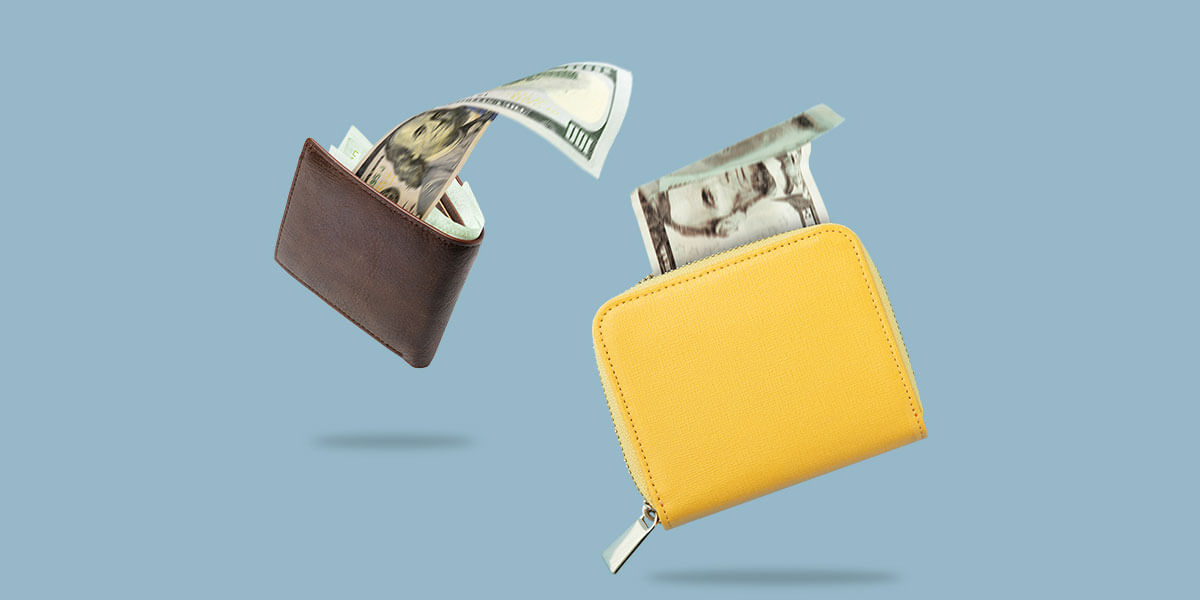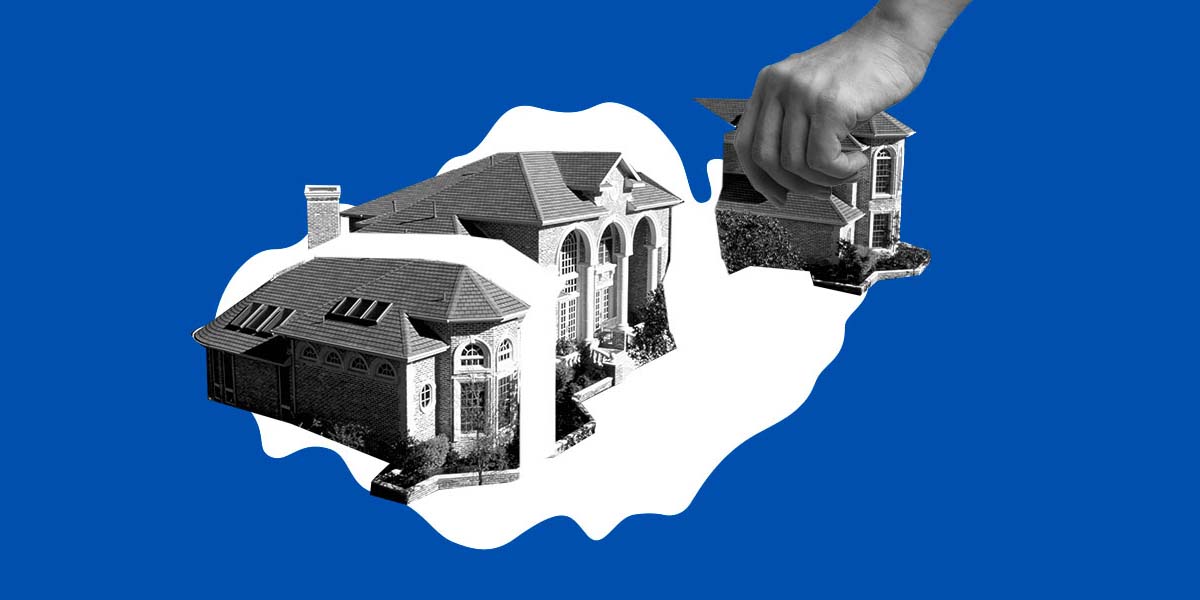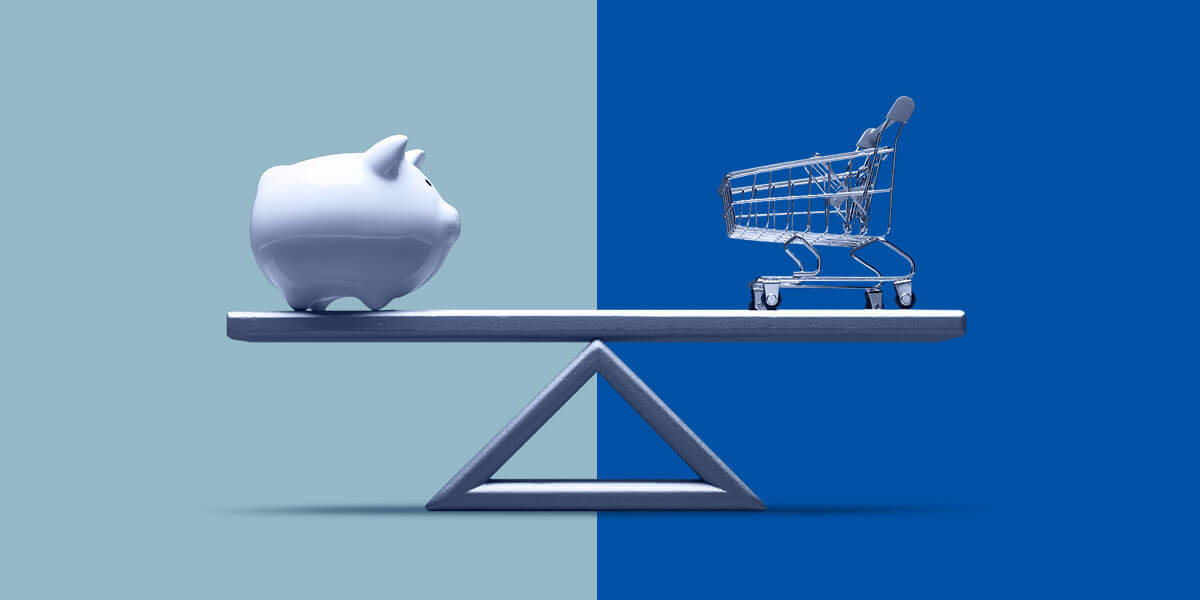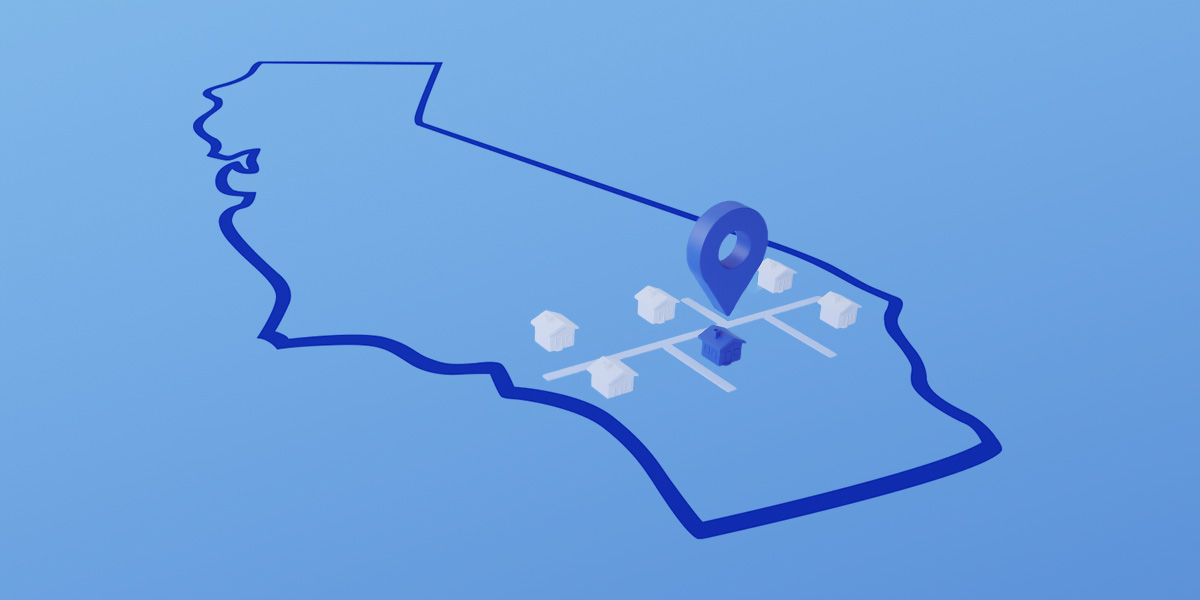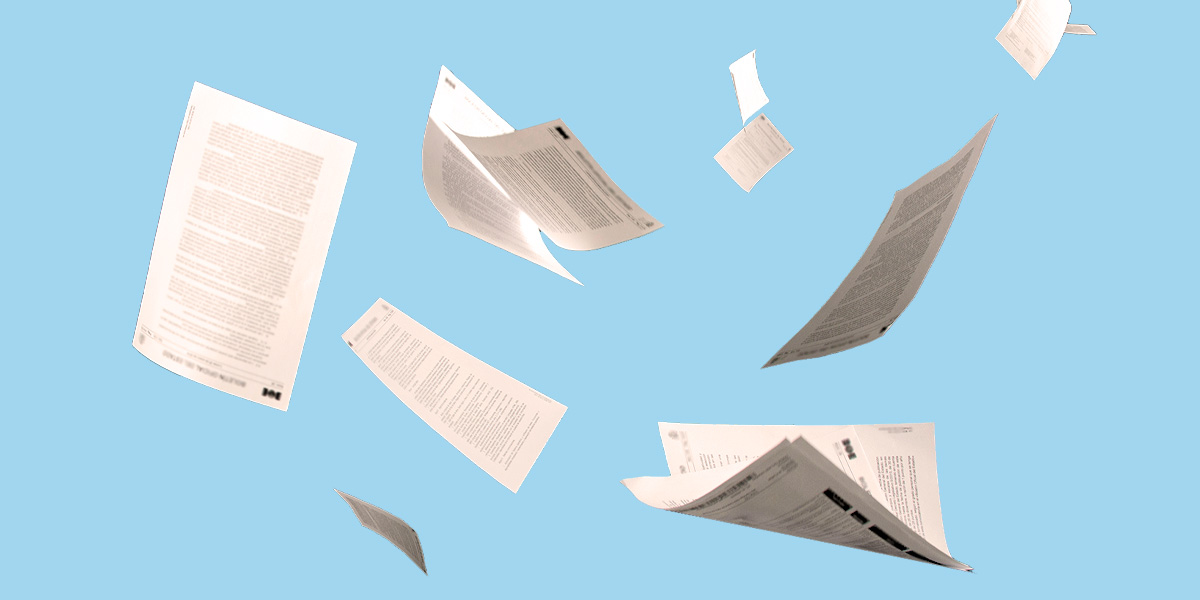-
Personal Banking -
Insights
How to Prepare Financially for a Natural Disaster
Whether it's a hurricane, wildfire, earthquake, tornado or ice storm, most of us are at risk of being caught in some kind of natural disaster.
In recent months, we have seen disastrous wildfires in California and there have been record-setting hurricanes in Texas, Florida and the Caribbean in the past few years. Tens of thousands have fled their homes, unsure when they will be able to return—or what they will find when they get back.
Along with loss of life and emotional havoc, natural disasters can cause devastating financial loss. Consider the cost of an unplanned evacuation, or rebuilding a home after a flood or fire. If your home is an income property, you could lose an entire stream of income within hours.
Things to Consider to Ensure You're Prepared Financially for a Natural Disaster
Government officials and rescue personnel can tell you how to prepare physically—when to board up your windows and when to evacuate—but there is less information available on how to prepare yourself financially.
Examine Your Insurance Policies
Many people assume that their homeowners insurance will cover damage to their homes caused by a natural disaster—but that's not necessarily true. For instance, standard homeowners insurance does not cover earthquake damage or flood damage. If you live in an earthquake-prone area, you may need to purchase an additional earthquake policy or rider in order to be covered.
Flood insurance is available if your property is located in a community that participates in the National Flood Insurance Program. You can determine if your community participates by referring to FEMA's Community Status Book.
“You really need to know what your insurance policy covers," said Dean Deutz, a private wealth consultant at RBC Wealth Management-U.S. in Minneapolis.
“I've had my roof replaced twice because of hail damage. And roofs depreciate as time goes on, so the insurance policy may not cover as much now as it did several years ago. It's important to talk to your agent and understand what coverage you have and how it works," he said.
Boost Your Emergency Savings
When a disaster hits and evacuation is necessary, you could be out of your home — or from your job or business — for a long period of time. That's why financial advisors recommend maintaining an emergency fund of at least three to six months' worth of living expenses.
“If you can maintain up to a year of expenses, that's even better. It will take some time for any insurance payments to come through," Deutz said. “These funds should be kept in a savings, money market or similar account where there is no risk of volatility reducing the total you have saved."
You may also want to consider establishing a line of credit now, before you need it, knowing it will be there when you do, suggested Deutz.
With a line of credit, you not only have access to money right away for short-term cash needs such as housing, food and medical needs, but the ability to pay for damage repairs to a home or business, Deutz said. Insurance companies may take weeks or even months to pay for such repairs.
"A line of credit can offer tremendous flexibility and peace of mind," Deutz said.
Corral Valuable Documents
If your home is damaged by a natural disaster, you'll need access to various important documents like insurance policies, passports, credit card numbers and bank account numbers.
Deutz recommends scanning these important documents and saving them online in the cloud as well as sending copies via email to a relative who lives in a different part of the world.
He tells clients that if they feel safer with hard copies, they should keep them in a bank safe deposit box or a fireproof and waterproof safe at home — not in a file cabinet or desk drawer.
Along with paper documents, include videos of your belongings so you'll be able to report specific losses or damages to your insurance company after a disaster, recommended Deutz.
“When you video your belongings, try to zoom in on serial numbers and brand names," Deutz said. “Even go through your closet slowly so you'll have a full video record."
Cash on Hand
Consider keeping a relatively small amount of cash in a secure place at home, such as in a safe. Or at least withdraw cash in advance if you know that a disaster like a hurricane or blizzard is forecast.
“In some cases, whole communities may lose power, such as in Puerto Rico after Hurricane Maria. If they can't get their hands on cash, people just have to barter and help each other," Deutz said. “It may be a good idea to keep a few hundred to $1,000 in cash in case of an emergency."
Prepare for Damage
Do you know how to turn off your home's access to gas, electricity and water? If not, make sure you learn now — before a disaster ever hits.
“In some cases, leaving utilities turned on can make property damage worse," Deutz said. “And if you've evacuated and the pipes burst, and the water keeps running, that could turn into another economic problem."
If you do sustain property damage from a natural disaster, contact your insurance agent as soon as possible. In the case of widespread damage, it may take some time for an insurance claims adjuster to get to your home. In the meantime, take photos or videos of any damage. Make written notes cataloging the damage so you won't forget any details when the adjuster arrives.
You may need short-term financial assistance while you wait for insurance claims to be settled and payouts to arrive. In the U.S., FEMA offers financial assistance for victims of natural disasters, as well as interim housing for those whose homes are uninhabitable.
If you find that you will need to take advantage of help from FEMA, get online and apply for assistance as soon as possible. After a major disaster, requests for grants and housing can take several weeks to be processed.
Insurance products are available through Symphonic Insurance, LLC, a New York State registered insurance agency. Symphonic Insurance, LLC is a licensed insurance agency and a subsidiary of City National Bank. City National Bank is not responsible for and does not guarantee the products and services, or the performance of the products or services, offered by its affiliates or by third parties. Policies are underwritten by unaffiliated insurance companies and may not be available in all states. CA Agency Number 0H86796, DBA as Symphonic Insurance Agency, LLC in California. CT Agency Number 2261044, NJ Agency Number 1432798, NV Agency Number 519506, and NY Agency Number LA-1014620. All loans, lines of credit and other credit facilities offered by City National Bank are subject to credit approval and additional terms, conditions and eligibility requirements.
City National Bank (CNB) is an affiliate of RBC Wealth Management and an indirect wholly owned subsidiary of Royal Bank of Canada. This article is provided for informational purposes only and is not intended to constitute an offer or solicitation to sell the products or services of the providers identified. City National Bank makes no recommendation of the products or services offered by the providers mentioned in this article. The opinions expressed are those of the persons quoted and not necessarily the opinions of City National Bank.
